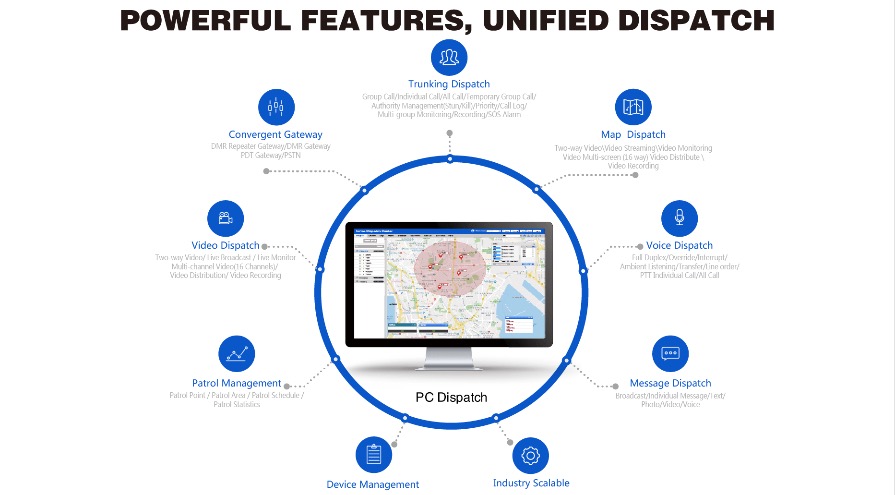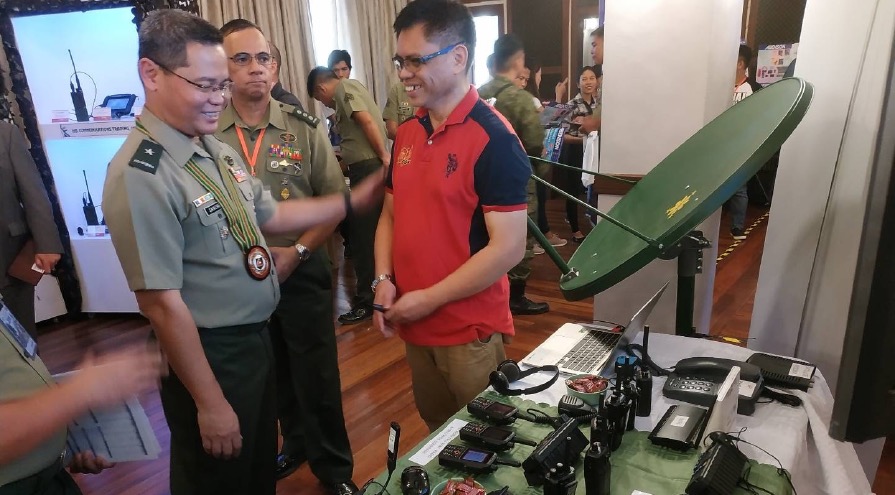Inrico, a global leading provider of professional wireless communications, has supported the Philippine Army Special Forces to modernize its communications by offering Push-to-talk over Cellular (PoC) terminals, dispatch consoles and management software. With the new PoC system in place, the commanders are able to reach bases across the country from Luzon to Mindanao instantly and achieve unified dispatching whenever it’s necessary.

The Special Forces have been using two of Inrico’s PoC radio models, T320 and T199, along with the dispatch consoles, mainly in three scenarios, including daily patrol, special task execution and wide-area dispatching. Inrico solution’s geo features make it easy to plan patrol routes and set up automatic alarms in case the preset routes are not followed. AES256 encryption ensures whatever transmitted via the system, such as voice, text, picture, video, etc., are protected from interception. Inrico’s dispatch console visualizes the movement of all the terminals and facilitates dynamic individual call and group call during task execution.

AES256 encryption technology is used to encrypt/decrypt information, such as voice, text, pictures, video, etc., and to ensure the confidentiality and integrity of the data during transmission. The transmission is made temper-proof.
Terminal Data Leakage Protection(DLP)
Terminals are scattered in the taskforces in different regions, and the risk of data leakage is lingering. Through the security strategy of the management platform, PoC terminals can be remotely controlled, e.g., the encryption and storage of data, and the control can be configured for different levels of authority. In case of a device being reported lost, it can remotely erased and locked.
Reliability Insurance
Inrico’s PoC platform adopts cloud computing technology. All the system servers run in the cloud. The computing, storage and bandwidth resources of the physical server are shared across the system. The failure of a single physical server does not affect the operation of the system. The server adopts distributed redundant deployment; key services run via two active virtual servers with automatic load sharing and idle resources scheduling. When the PTT service is busy in one server, it automatically switches to another available one to guarantee smooth push-to-talk across the system.
